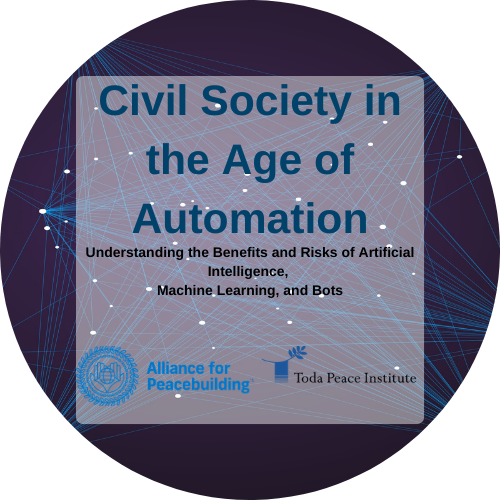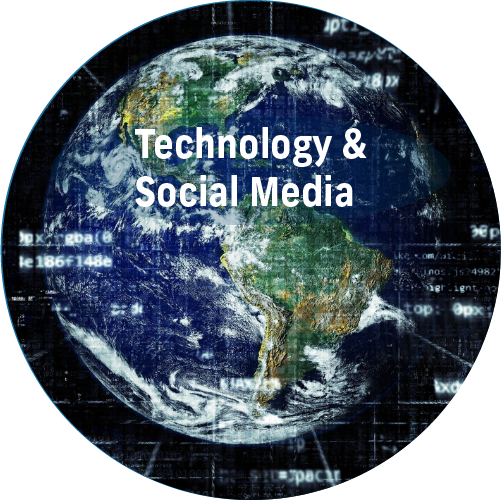This policy brief outlines twenty-five spheres where technology can contribute to peacebuilding goals and describes five generations of thinking related to the evolution of technology’s impact on peacebuilding. Digital peacebuilding contributes to democratic deliberation, violence prevention, social cohesion, civic engagement, and improved human security. Digital peacebuilding contributes to the wider field of digital citizenship and “tech for good.” The policy brief concludes with seven recommendations to build social cohesion, civic engagement, and improved human security, which emerged out of a recent Peace Direct global consultation and a Toda Peace Institute workshop.
Read MoreAfP and One Earth Future Foundation are pleased to release this working paper on the implementation of the Global Fragility Act titled Getting From Here to There: Successful Implementation of the Global Fragility Act, and comments or responses are encouraged.
Read MoreThis report highlights how Ethiopia is undergoing a historic political transition that has opened civic space considerably and propelled major democratic reforms.
Read MoreCivil society organizations should not view these technologies as a smackdown between flesh and code, but as a partnership to better address development needs. Civil society can play a key role in addressing the risks posed by A.I., especially for marginalized people and communities who will feel the brunt of any negative impact.
Read MoreThe Toda Peace Institute and the Alliance for Peacebuilding are hosting a series of policy briefs discussing social media impacts on social and political goods. Over the next several months, top experts and thought leaders will provide insight into social media’s threats and opportunities. This first briefing provides a conceptual summary, and a set of policy recommendations to address the significant threats to social and political goods
Read More




